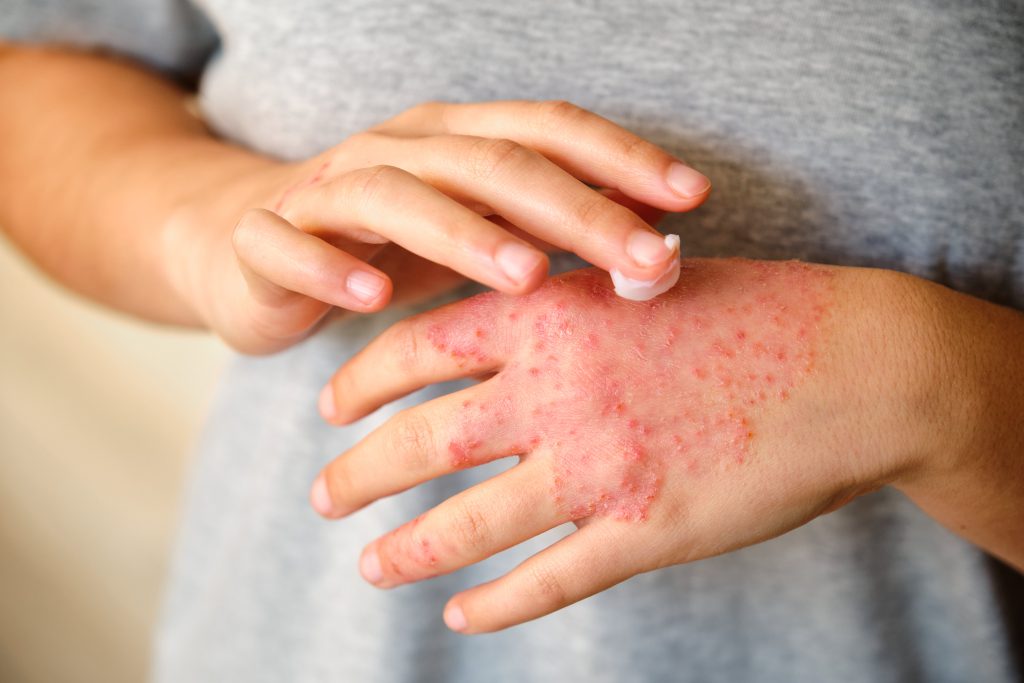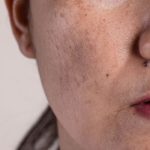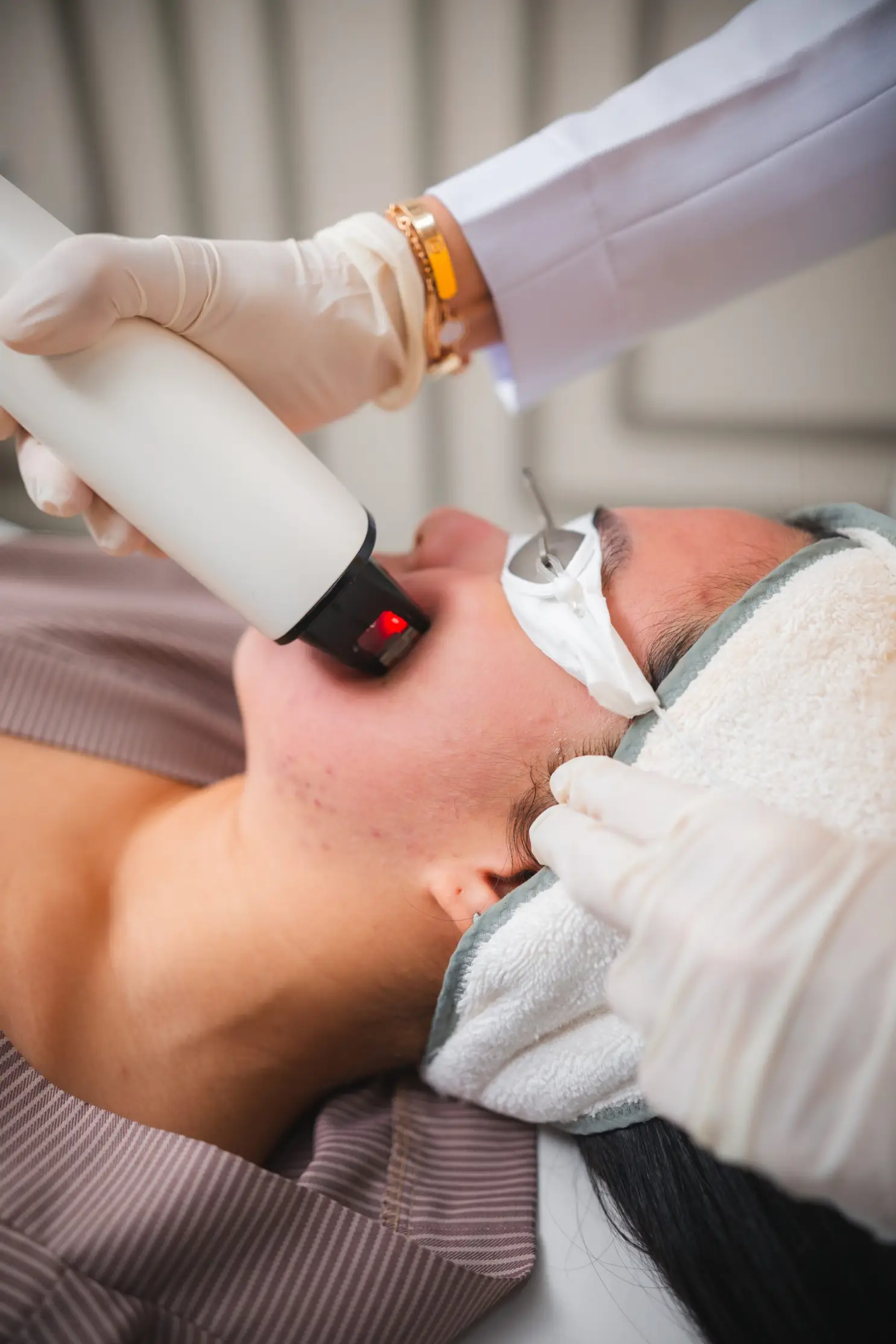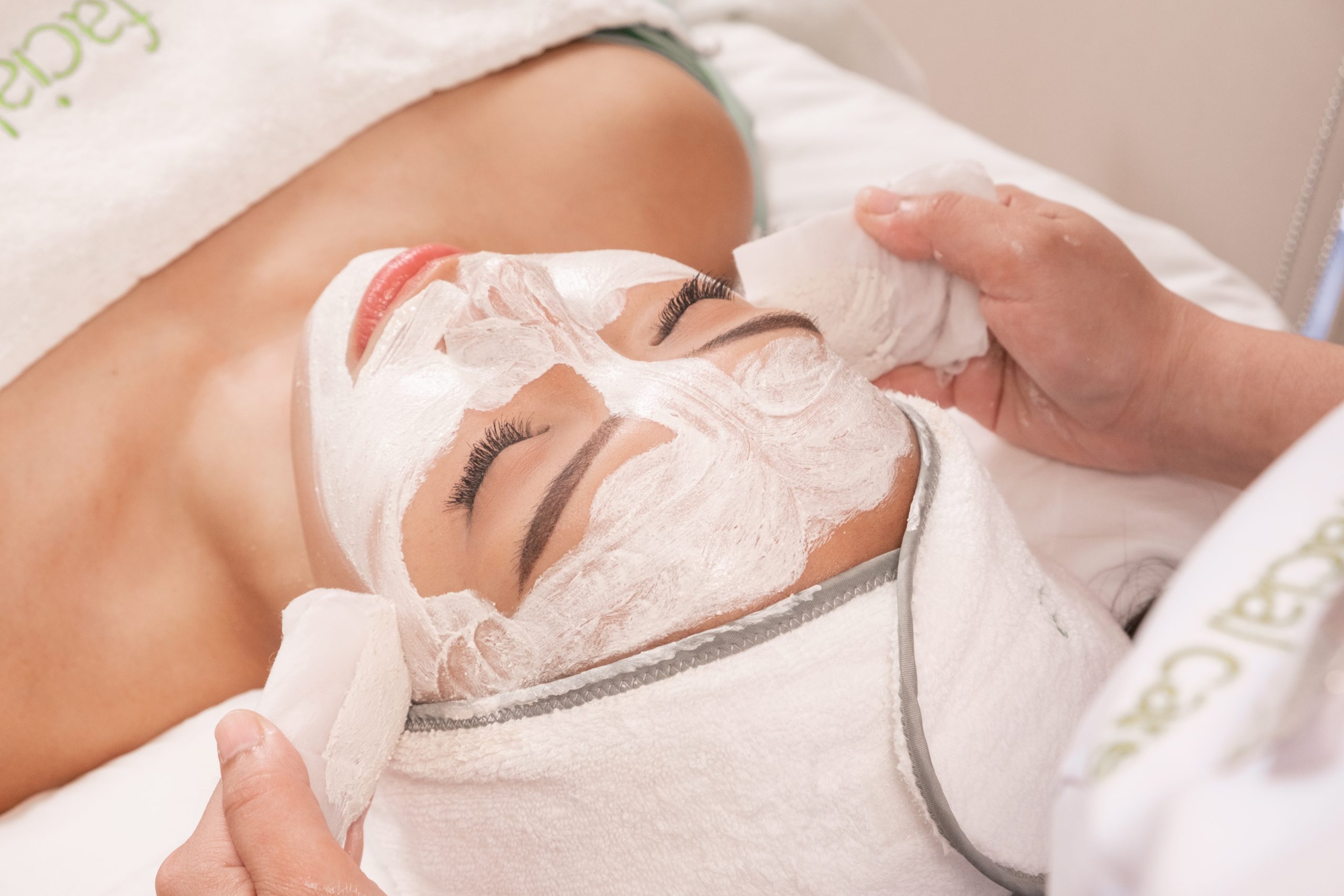
Identifying the Causes of Eczema Flare-Ups
Eczema is one of the most common skin concerns, affecting 10% of the world’s population. If you’ve ever found yourself scratching your head (and your skin) wondering what on earth is causing those pesky eczema flare-ups, you’ve come to the right place! We’re about to take a deep dive into the topic, shedding light on both the usual suspects and the lesser-known culprits behind this itchy situation.
What is Eczema: The Basics
Eczema, also known as atopic dermatitis, is a chronic inflammatory skin condition characterized by dry, itchy, and inflamed skin. While the exact cause of eczema remains elusive, a combination of genetic, environmental, and immune system factors is thought to play a role.
Eczema doesn’t discriminate, affecting individuals of all ages, races, and backgrounds. However, certain groups are more susceptible:
- Children often experience eczema in infancy or childhood, a puzzling initiation into skin troubles. Many outgrow it over time.
- Families with a history of allergies are at higher risk, as eczema can be passed down genetically.
- Individuals with compromised immune systems find eczema more challenging to fend off, as their body’s defenses are weakened.
- Urban dwellers face increased risk due to environmental factors like pollution and stress, exacerbating eczema symptoms.
What Causes Eczema?
At its core, eczema is caused by a combination of genetic predisposition, environmental factors, and immune system dysregulation. Some of the more common causes are:
- Dryness
- Allergens
- Irritants
- Stress
What are the Common Eczema Triggers?
Now that we’ve covered the usual suspects, let’s get into the more obscure triggers people often overlook. These are the ones that might not get as much attention but can be just as troublesome:
1. Foods: It may come as a surprise, but the foods we consume have considerable influence over the well-being of our skin. What we put into our bodies can have a profound impact on our skin. Certain foods, like dairy, eggs, and nuts, have been known to trigger eczema flare-ups in some individuals.
Dairy products, containing proteins like casein and whey, can be hard to digest, leading to undigested proteins breaching the intestinal barrier and sparking immune responses that result in eczema inflammation. Similarly, eggs may trigger immune reactions by stimulating IgE antibody production, while nuts, with proteins like Ara h1, Ara h2, and Ara h3, can also cause negative responses in sensitive individuals. Although dairy, eggs, and nuts are common culprits, other dietary elements like gluten, soy, and food additives may also play a role in eczema development.
2. Weather: Extreme temperatures, high humidity, and even changes in the weather can all contribute to aggravating eczema symptoms. The combination of harsh environmental conditions can disrupt the skin’s natural barrier function, leading to increased dryness, irritation, and inflammation. Whether it’s blistering heat or the chill from a sudden downpour, these weather extremes pose significant challenges for individuals with eczema.
3. Hormones: For some, hormonal fluctuations can unleash havoc upon their skin, causing eczema flare-ups. Hormonal imbalances can disrupt our delicate skin barrier and intensify the symptoms of eczema. Whether it’s due to puberty, pregnancy, or the transition into menopause, these hormonal shifts can throw the precise balance of our skin’s ecosystem into chaos, leaving it vulnerable to inflammation and irritation.
4. Sweat: Sweat, essential for regulating temperature, can trigger eczema reactions. Its residue can irritate compromised skin barriers, while friction worsens inflammation. Sweat’s urea content, a natural waste product formed from the breakdown of proteins, and varying pH levels further intensify symptoms. Physical activity worsens these effects, especially in sweat-prone areas like the flexors.
5. Microbes: Last but not least, we have the microscopic troublemakers known as microbes. Bacteria, fungi, and viruses are all around us, and sometimes, they land and multiply on our skin. In individuals with eczema, these microbial invaders can trigger inflammation and exacerbate symptoms. From bacterial infections like Staphylococcus aureus to fungal overgrowth like Candida albicans, these opportunistic pathogens find fertile ground in the inflamed and irritated skin of eczema sufferers. As they multiply and thrive, they release toxins and trigger immune responses, intensifying the cycle of inflammation and discomfort.
What You Can Do About It
Now that you know what causes eczema flare-ups, you can take proactive steps to avoid them:
1. Moisturize: Keeping your skin well-hydrated is key to preventing flare-ups caused by dryness. Opt for gentle, fragrance-free moisturizers to soothe and nourish your skin.
2. Identify and Avoid Triggers: Knowledge is power, and knowing what triggers your eczema is half the battle. Keep a diary of your symptoms and what seems to cause a flare-up, and try to avoid or minimize exposure to known culprits.
3. Practice Stress Management: Easier said than done, we know, but finding healthy ways to manage stress can work wonders for your skin. Whether it’s yoga, meditation, or simply taking a few deep breaths, find what works for you and make it a part of your daily routine.
4. Seek Professional Help: If all else fails, don’t hesitate to seek help from a dermatologist or allergist. They can help you identify your specific triggers and are well-versed in how to get rid of them eczema, ensuring you get the results you need quicker.
Eczema is a complex condition influenced by various triggers, including genetics, environment, and lifestyle factors. Understanding what causes eczema helps you take proactive steps in managing flare-ups. Adopting gentle skincare, reducing stress, and avoiding known eczema triggers can improve not just skin health but also your quality of life as a whole. And if all else fails, you can always consult with a medical professional. Good luck!









